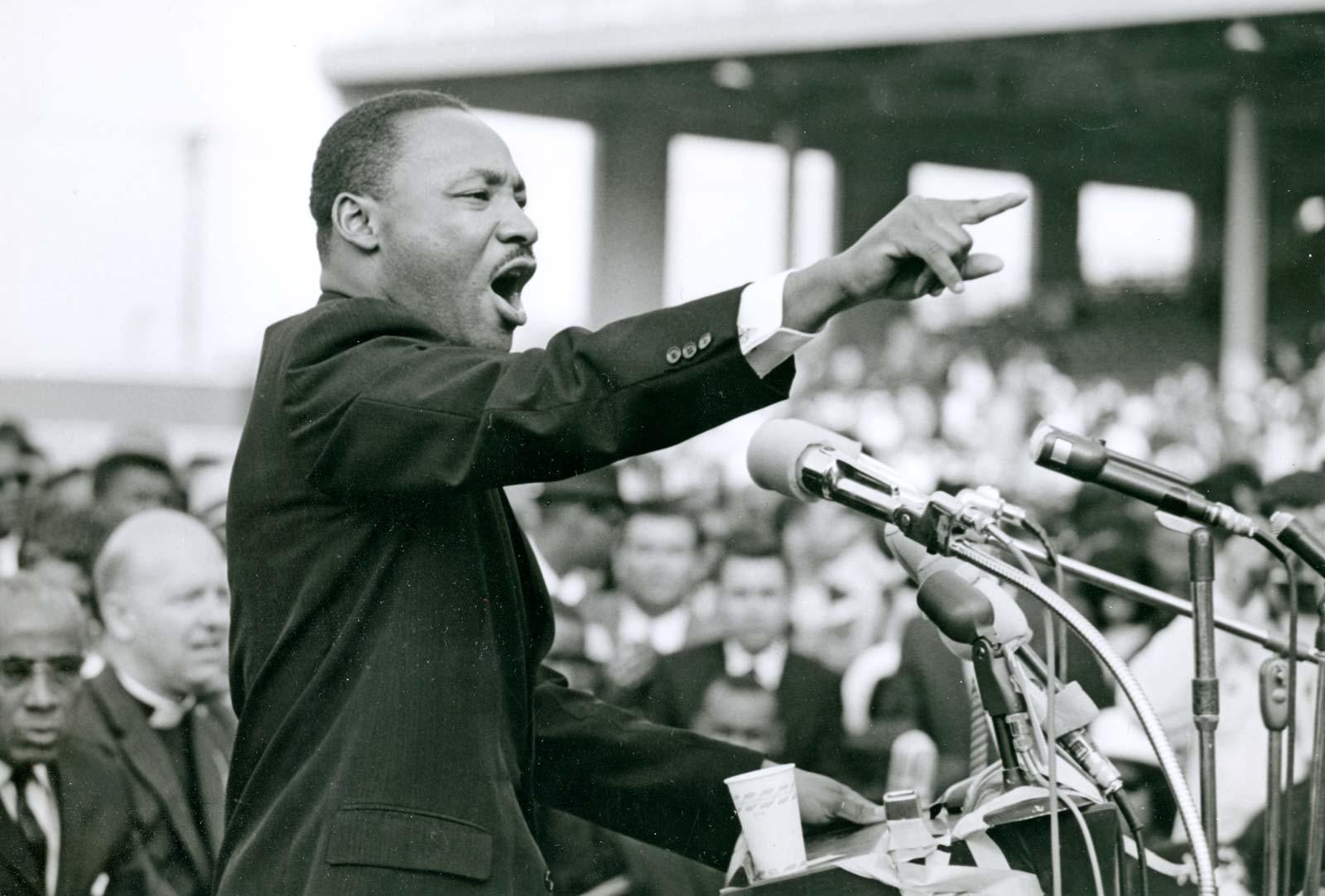Summary
Nowadays, the topics of deviance and social control play a vital role in people’s lives. Deviance can be described as an aberration from socially accepted beliefs, norms, goals, or means. It is noteworthy that some forms of deviance might result in violence or crime, which necessitates the authorities to take action. Nevertheless, while many might argue that all social deviance is abnormal and causes more harm than good, it is a vital part of society because it might drive innovation or shift the community to other values and positive trends. With the help of sociologists, it is possible to identify the types of social deviances, their characteristics, and their impacts on modern society.
For example, Robert Merton, a sociologist, introduced the strain theory that helps delve deeper into the roots of various forms of deviance and their essence. The strain theory, established by Robert Merton in 1938, claims that society gives its members the templates of how to behave and what to do, and to what to aspire, as well as the appropriate means to reach these aspirations (Conley, 2020, p. 214). However, according to Merton, one of the main issues in modern society is the fact that people can have access to the same goals and aspirations but still are unable to have access to the same opportunities (Conley, 2020, p. 214). As a result of such discrepancy, the sociologist emphasized five different deviant behaviors, including innovation, conformity, retreatism, ritualism, and rebellion (Conley, 2020, p. 214). Thus, depending on the attitude of an individual toward the socially accepted goals or means, it is possible to refer them to either of the categories.
In this respect, it is vital first to pay attention to the rebels of the society. According to Conley (2020, p. 215), rebels are individuals who resist contemporary goals and means and strive to eradicate the social institutions that alienate them. Decades ago, individuals who defied social norms and goals were seen as delusional. However, nowadays, the trend of freethinking has become more popular and widespread. In this respect, one of the most prominent rebels of his generation was Martin Luther King, Jr, who is shown in Figure 1 (Rebel, n.d.). This is the person who rejected the ideas of segregation and racist attitudes. I chose the image of this man because his actions not only inspired millions of people of his century but contributed to the efforts and motivation of future generations.
The concept of rebellion relates heavily to the 21st century and younger generations. Previously, people were afraid of expressing their true beliefs, following their dreams, or confronting their governments. At present, younger generations have shifted from conformist ideas and seek their true identity and support their fundamental rights and freedom. This can be seen in various movements that strive to overthrow discrimination and oppression and establish equality.

Another type of deviation, which might be considered common, is ritualism. According to Conley (2020, p. 214), ritualism refers to the ideology of rejecting socially acceptable goals but not the means. In this respect, people refuse to follow the American dream and common ideals that involve either career, family, or material objects (Conley, 2020, p. 214). Unlike the rebels who desire to communicate their frustrations, ritualists simply do not embrace goals without the urge to cause big changes. Thus, the main goal of a ritualist is to be able to have convenient conditions in life (Conley, 2020, p. 214). As long as these individuals can afford the basic amenities, even if they have to work like others, these individuals are comfortable.
In Figure 2, one can see a couple in a park. The reason why this picture was selected is that it indicates the carefree and calm life that more and more people tend to choose over the conformist lifestyle (Ritualists, n.d.). As per the definition given by the textbook, conformists often choose hard work in order to have the commonly accepted way of life. As a result, such simple things as spending time in the park to relax can be a luxury for many hardworking people. It resonates with my everyday life since many representatives of my generation strive to have a calm life without constant pressure and anxiety. In this sense, ritualism allows many to lead a simple and joyful life without having to think about success or wealth.

Hence, deviance and social control are everyday matters in the 21st century. Centuries and decades ago, it was expected that everyone should follow the same goals and accepts the norms and means. Now, while this way is still frequent due to human nature to follow the herd, there are deviations that prevail in modern society. For example, among such deviations are rebellion and ritualism. In the former case, individuals refuse to approve of socially accepted goals and means and strive to overthrow the social institutions that alienate them. For example, Martin Luther King, Jr. can be considered a rebel since he voiced his beliefs and fought for equal rights and opportunities. Conversely, there is another type of deviance, ritualism, which implies rejecting socially accepted goals but not means. Nowadays, many people choose to follow ritualism because they merely want to have a comfortable life.
References
Ritualists [Photograph]. (n.d.). National Park Service. Web.
Conley, D. (2020). You may ask yourself: An introduction to thinking like a sociologist. Norton & Company, Inc.
Rebel [Photograph]. (n.d.). Britannica. Web.